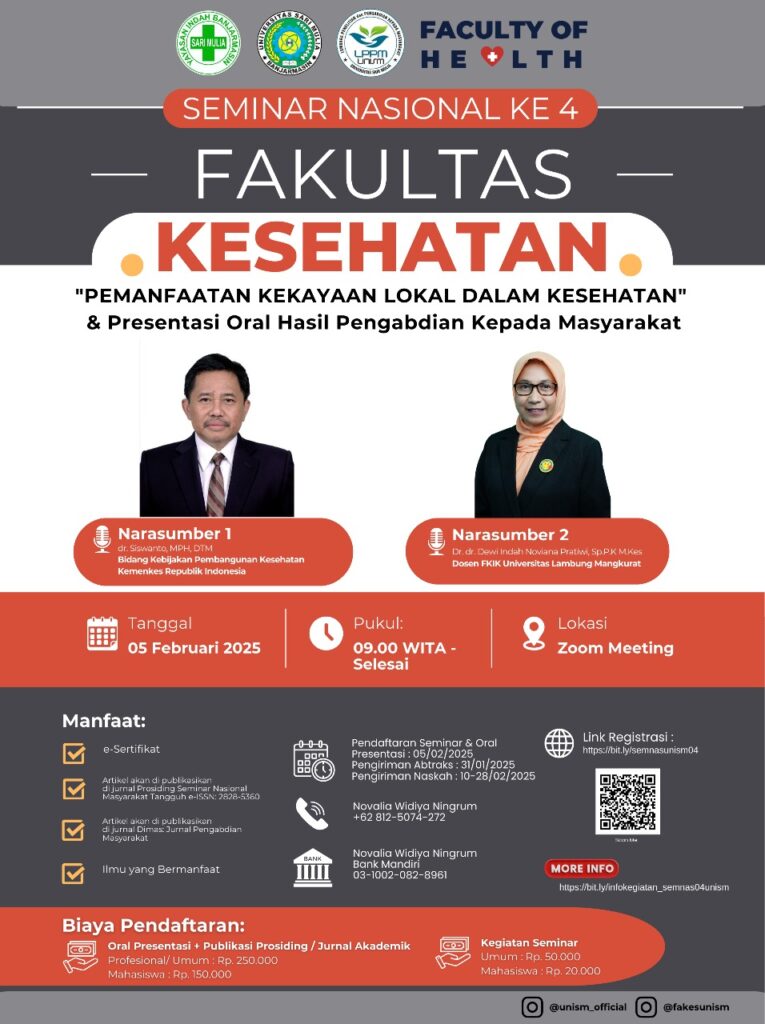IMPROVING PUBLIC BELIEF OF THE COMMUNITY OF GUDANG HIRANG VILLAGE, BANJAR REGENCY ON CORONA VIRUS AND COVID-19 THROUGH EDUCATIONAL STICKERS
Keywords:
Educational Stickers, Public Belief, Covid-19Abstract
Abstract: The high level of misinformation, the politicization of information related to Covid-19, as well as the influence of culture and religion make not all people believe in the corona virus, or Covid-19. In addition, unpleasant personal experiences regarding covid-19 without being followed by further explanation or clarification from the competent authorities have further reduced the level of public belief in Covid-19. The increasing number of infection cases in recent times has become the reason why education on COVID-19 needs to be carried out again. The purpose of this activity is to increase public belief in Covid-19, and to create an active role of the community in providing correct Covid-19 information. Stickers are considered to have advantages as educational media, because: (1) Education can be actively carried out, starting from the curiosity of others when they see educational stickers affixed to furniture or household appliances; (2) Information is not long-winded and focuses on one goal, namely the existence of the corona virus and covid-19; (3) Stickers are durable, so that the scope of information dissemination can be wider. Preceded by scientific education, followed by the distribution of educational stickers, causing an increase in the level of belief in Covid-19 by 100%, meanwhile 86% of respondents stated that they were willing to educate other citizens to increase belief in Covid-19.
References
[2] C. Juditha, “People Behavior Related To The Spread Of Covid-19’s Hoax,†J. Pekommas, vol. 5, no. 2, p. 105, 2020, doi: 10.30818/jpkm.2020.2050201.
[3] Z. M. Z. Monggilo, Cakap Bermedia Digital. 2021.
[4] E. Gannika, Lenny & Sembiring, “Tingkat Pengetahuan dan Perilaku Pencegahan Coronavirus Disease 2019 (COVID-19) Pada Masyarakat Sulawesi Utara Lenny Gannika,†NERS J. Keperawatan, vol. 16, no. 2, pp. 83–89, 2020.
[5] D. F. Nugraha, Z. Zulliati, R. Tasalim, N. Noval, and F. Rahman, “Persepsi Kebutuhan Pendidikan Komunikasi dalam Kesehatan,†Din. Kesehat. J. KEBIDANAN DAN KEPERAWATAN, vol. 10, no. 1, pp. 126–131, Jan. 2020, doi: 10.33859/dksm.v10i1.436.



